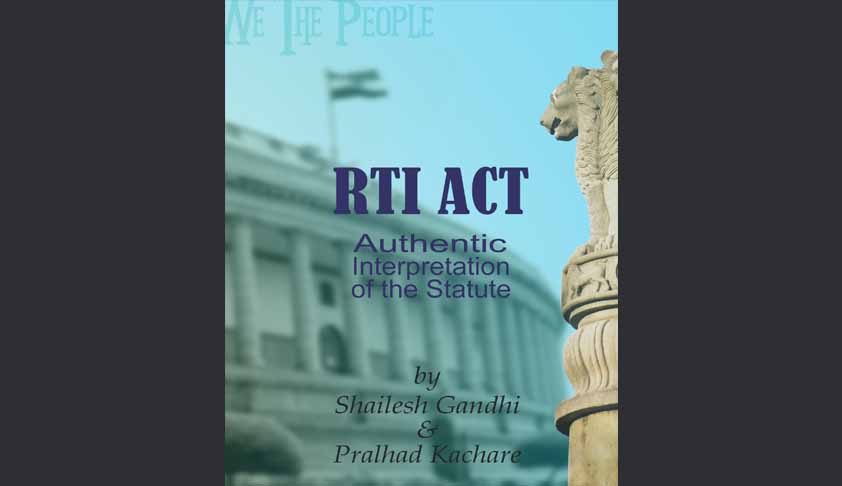Ambiguity is antidote of transparency. Mystery of legal language takes out the possibility of realization of the right and leaves scope for contradictory interpretations facilitating injustice. The Authentic Book on RTI by Sri Shailesh Gandhi and Sri Pralhad Kacheri is easily accessible because it is copyleft, (i.e., not copyrighted) and it is also easy to read and understand. (Note: The...

